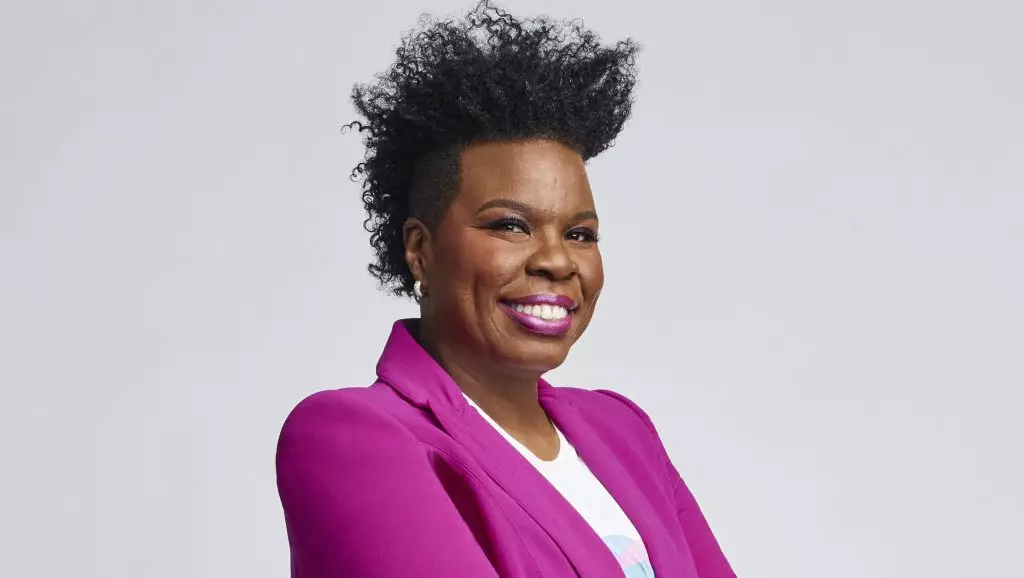When it comes to Hollywood controversies, few are as notorious as the 2016 Ghostbusters reboot. Comedian Leslie Jones, who played a pivotal role in the film, has been candid about her experience in her new memoir, Leslie F*cking Jones. In the memoir, Jones reveals the vicious backlash she faced and the damage it caused to her mental well-being. Moreover, she sheds light on the divisive comments made by Jason Reitman, director of the recent Ghostbusters: Afterlife release. Let’s dissect the discourse surrounding the Ghostbusters franchise and examine the underlying issues it reflects in our society.
One of the most significant aspects of Jones’s memoir is her criticism of Jason Reitman’s remarks about her edition of Ghostbusters. Reitman’s statement, claiming that he was “handing the movie back to the fans,” was seen by Jones as a direct reference to the detractors of the all-female version. She perceived it as a validation of the sexist and racist attacks she endured. While Reitman later attempted to clarify his words, Jones saw the damage as already done. Reitman’s initial comments perpetuated the narrative that her version of the film was somehow inferior to the original, sending a harmful message to the fans.
The vitriolic response received by Leslie Jones following the release of Ghostbusters speaks volumes about the toxic underbelly of online culture. In her memoir, Jones recounts the countless incidents of racism and sexism she faced, both on social media and in various online forums. She questions the underlying motives behind the cruelty, asking, “Why are people being so evil to each other?” It is disheartening to witness the extent to which faceless individuals go to spew hate and make threats, all because a beloved franchise dared to feature women in leading roles.
Despite the relentless negativity, Leslie Jones emerged as a symbol of resilience in the face of adversity. She refused to succumb to the online hate and stood up for herself and her fellow cast members. However, the toll on her mental health was undeniable, leading her to ultimately deactivate her Twitter account. This decision was a stark reminder of the destructive power of online bullying and the urgent need for accountability in virtual spaces.
One aspect Jones highlights in her memoir is the racial component of the backlash. As a Black woman, she faced a unique level of animosity from certain individuals who viewed her involvement in Ghostbusters as a threat to their perception of the franchise. Jones exposes the inherent racism that fueled some of the criticism, noting that the inclusion of a Black woman as a lead character became a breaking point for some. This revelation underlines the uncomfortable truth that diversity in media still faces significant resistance.
The Ghostbusters controversy serves as a stark reminder of the deep-rooted issues that persist in our society. Leslie Jones’s memoir sheds light on the discrimination, hate, and toxic fan culture that plague the entertainment industry. It is crucial that we continue to challenge these attitudes and support those who dare to break boundaries and push for inclusivity. Only by standing together can we dismantle the barriers that prevent progress and foster an environment where creativity can thrive, free from the shackles of prejudice.

